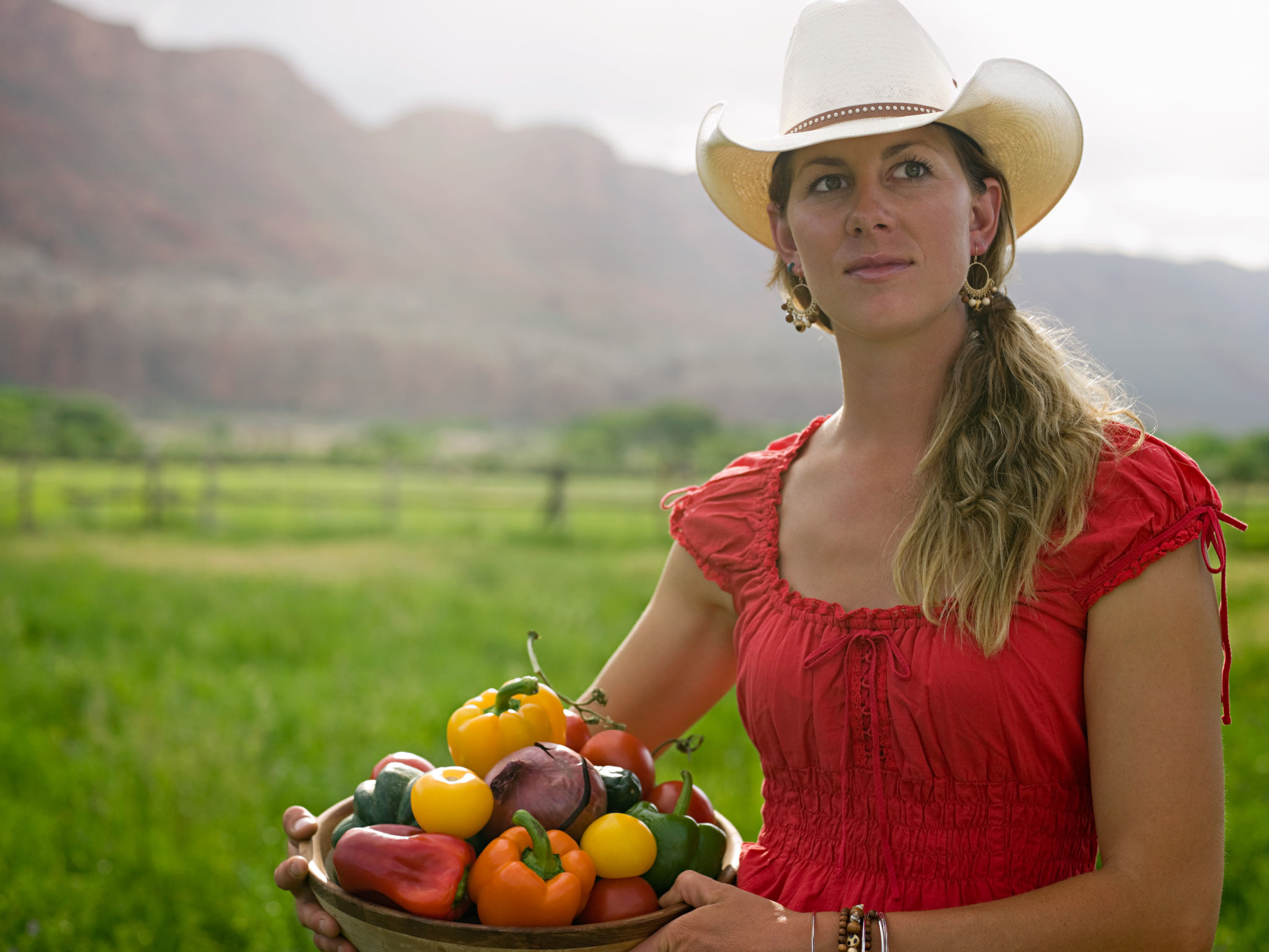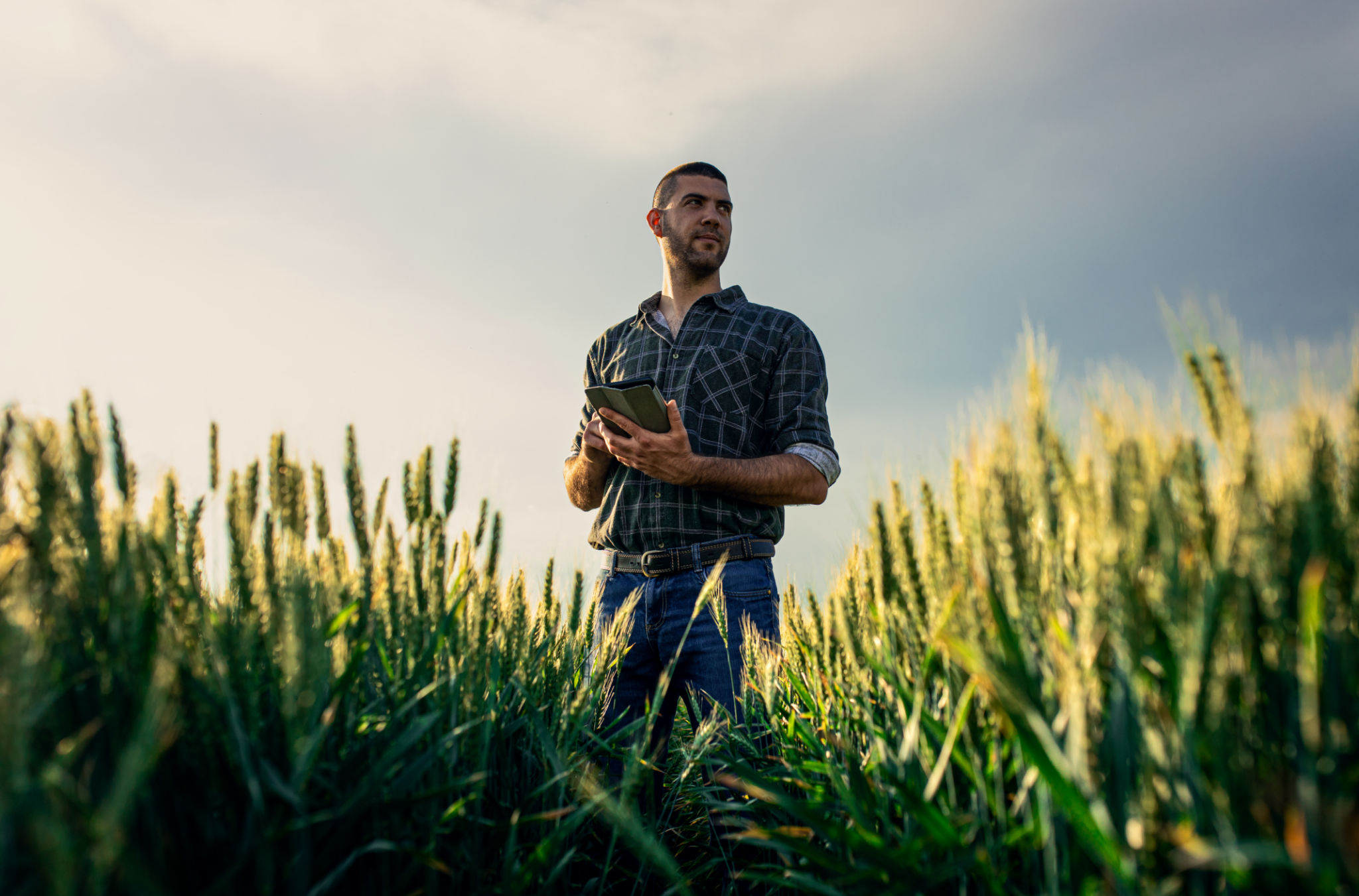Comparing Organic and Conventional Farming: Insights from Sunrise Farm Lombok
At Sunrise Farm Lombok, the debate between organic and conventional farming is not just theoretical; it is a daily practice that showcases the diverse approaches to agriculture. Both methods have their own sets of advantages and challenges, and understanding these can help consumers make informed choices about the food they consume.

Understanding Organic Farming
Organic farming is characterized by its commitment to natural processes and inputs. It relies on ecological practices and emphasizes sustainability. At Sunrise Farm Lombok, organic farming includes the use of cover crops, crop rotations, and composting to maintain soil fertility. These practices help in reducing erosion and improving soil health.
One of the key benefits of organic farming is the absence of synthetic pesticides and fertilizers. This not only benefits the environment by reducing pollution but also ensures that the produce is free from harmful chemical residues. However, organic farming can be more labor-intensive and often results in lower yields compared to conventional methods.

The Principles of Conventional Farming
Conventional farming, on the other hand, typically utilizes synthetic fertilizers and pesticides, which can lead to higher yields and more efficient production. At Sunrise Farm Lombok, conventional farming practices aim to maximize productivity and meet the demands of a growing population. This method often employs advanced technologies such as genetically modified organisms (GMOs) and precision farming tools.
While conventional farming can be more cost-effective and produce food at a larger scale, it may also pose environmental risks. The reliance on chemical inputs can lead to soil degradation and water pollution, impacting local ecosystems.

Economic Considerations
The economic implications of choosing between organic and conventional farming are significant. Organic farming typically incurs higher costs due to the intensive labor required and lower crop yields. These factors often translate into higher prices for organic produce at the market.
Conversely, conventional farming's use of chemical inputs and technology can reduce labor costs and increase efficiency, resulting in lower product prices for consumers. However, these savings must be weighed against potential long-term environmental costs.
Environmental Impact
At Sunrise Farm Lombok, reducing environmental impact is a priority. Organic farming contributes positively by enhancing biodiversity, improving soil health, and reducing pollution. These benefits support the farm's commitment to sustainability.
Conventional farming can have detrimental effects on the environment if not managed properly. Soil erosion, water contamination, and loss of biodiversity are some of the challenges associated with this method. Sustainable practices within conventional farming can mitigate some of these impacts.

Consumer Health and Safety
Consumer health is a critical factor in the organic versus conventional debate. Organic produce is often perceived as healthier due to the absence of synthetic chemicals. Sunrise Farm Lombok ensures that all organic products meet stringent health standards, providing peace of mind for consumers.
Conventional produce can also be safe for consumption if farmers adhere to safety regulations regarding pesticide use. However, consumers must remain informed about potential chemical residues and their health implications.
Conclusion: A Balanced Approach
The choice between organic and conventional farming is not straightforward at Sunrise Farm Lombok. Each method offers distinct benefits and challenges that affect environmental sustainability, economic viability, and consumer health. By understanding these factors, consumers can make more informed decisions about their food sources.
Ultimately, a balanced approach that incorporates elements of both organic and conventional practices may offer the best solution for sustainable and efficient food production. Sunrise Farm Lombok continues to explore innovative practices that merge the strengths of each method for a healthier future.